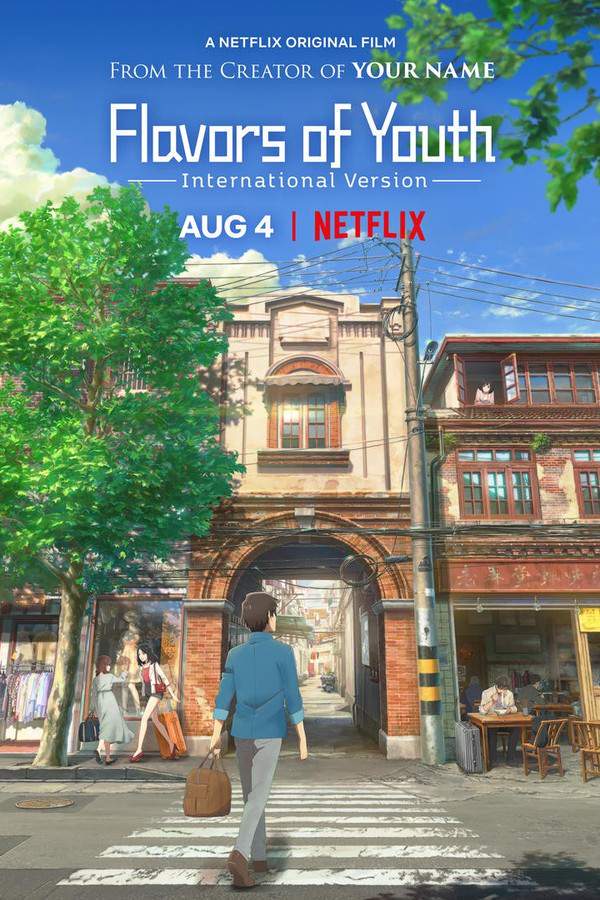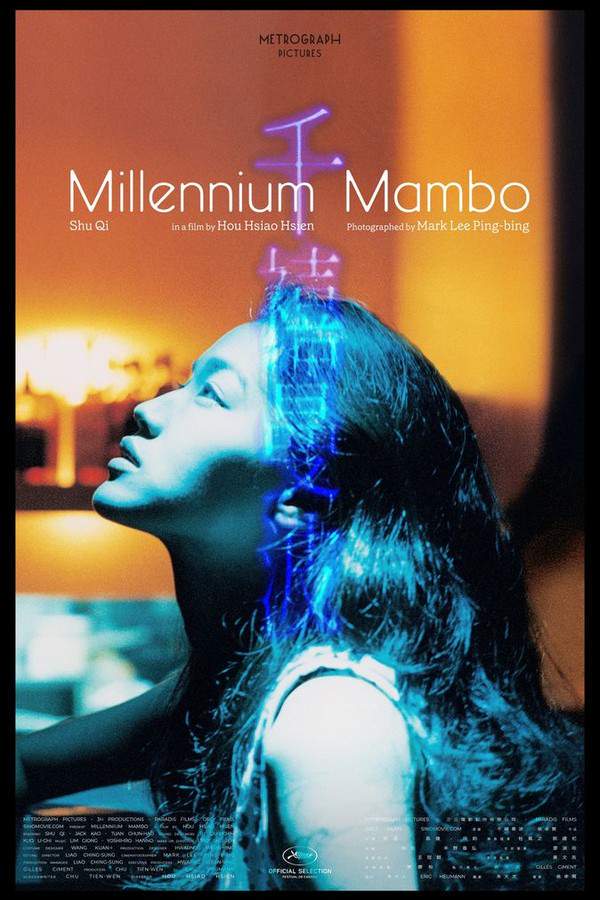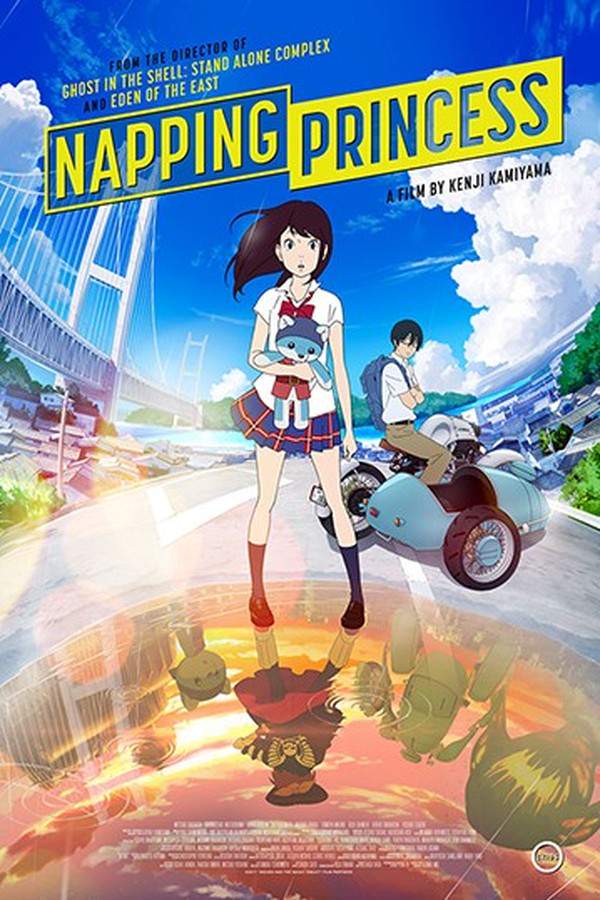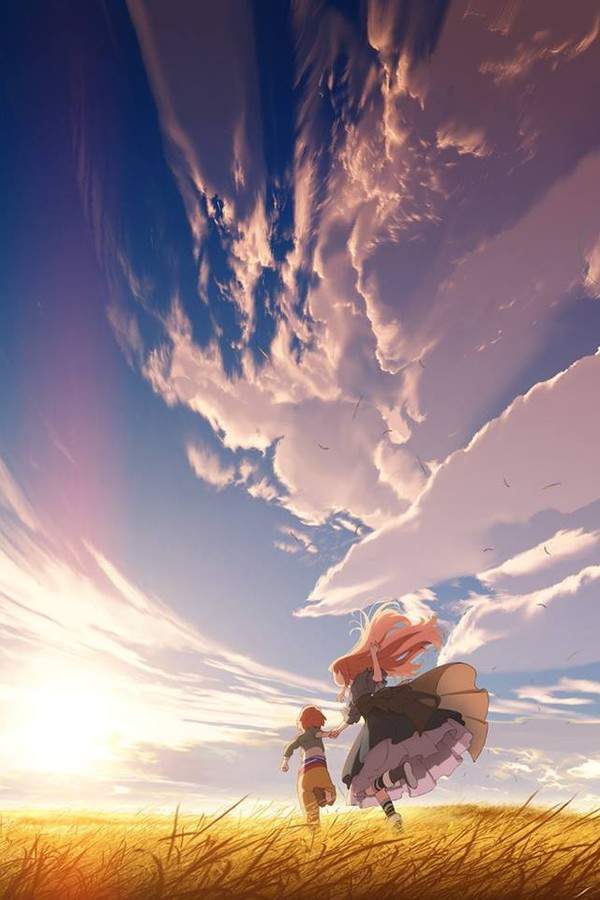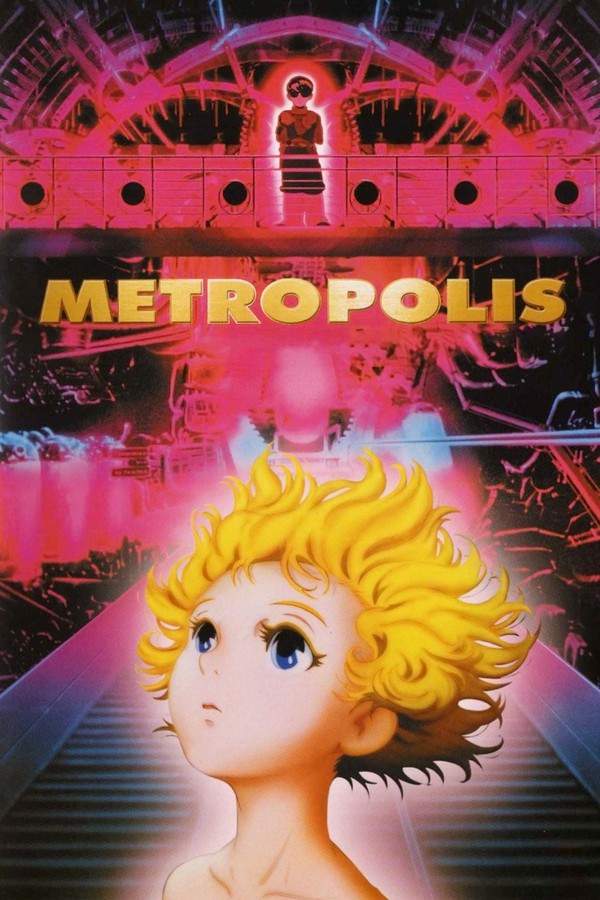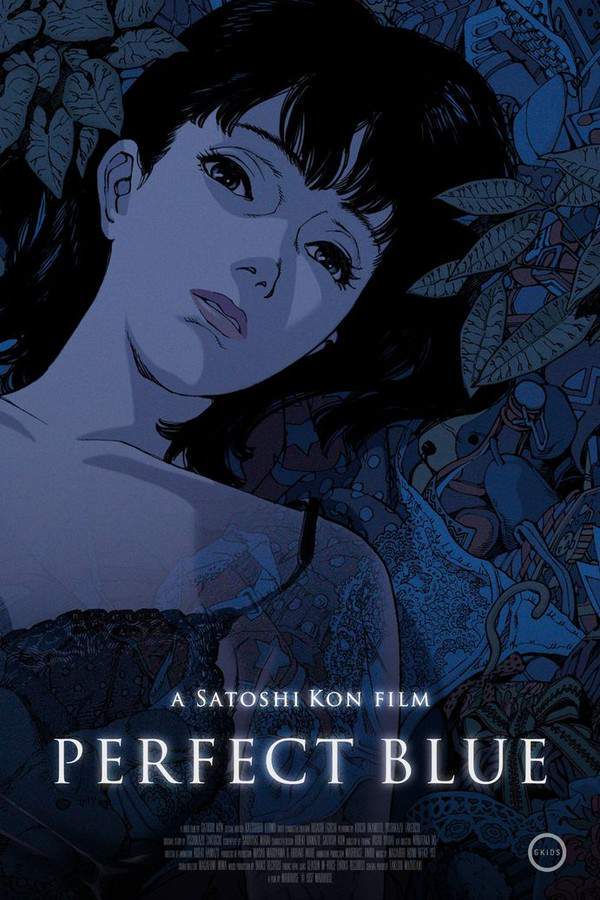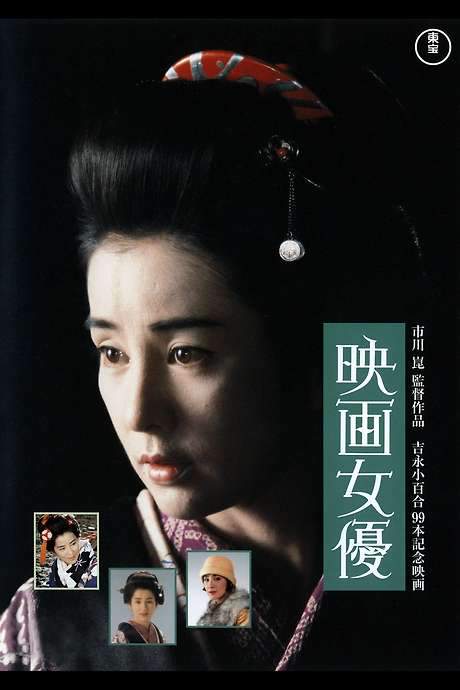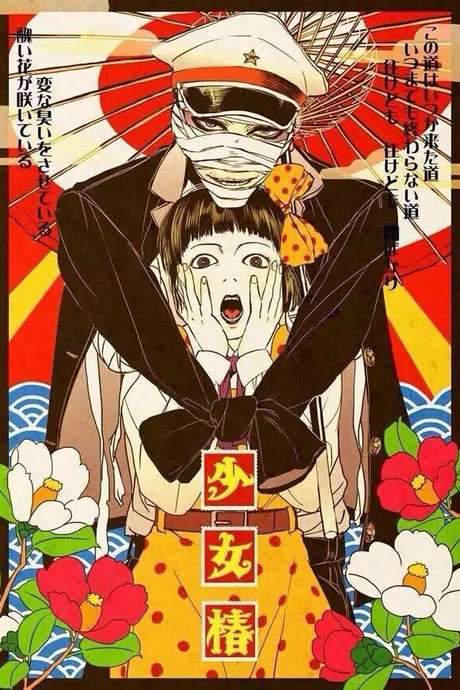Millennium Actress 2003
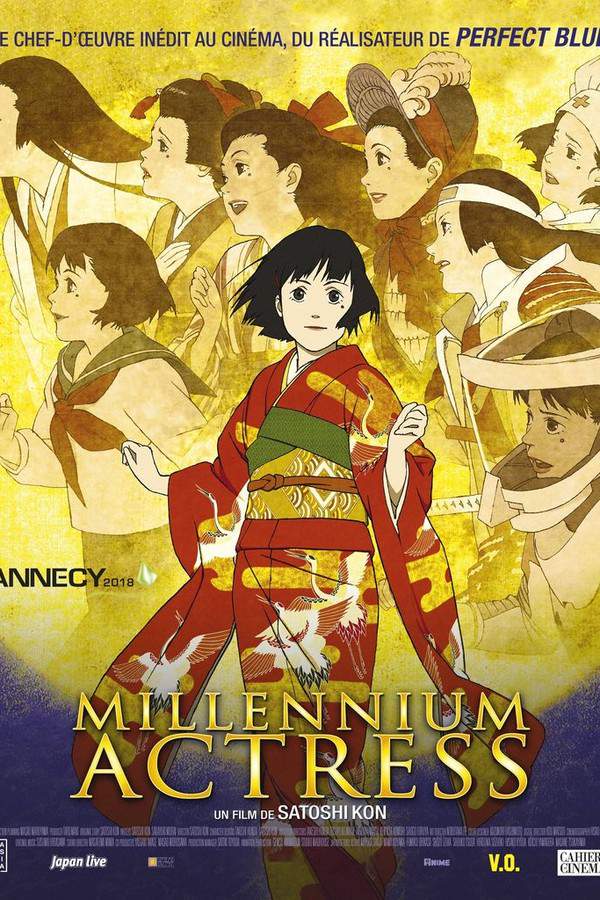
A celebrated actress, nearing the end of her career, agrees to be the subject of a documentary. During filming, she shares her remarkable life story with the filmmakers, revealing a past filled with captivating roles and personal drama. The narrative interweaves her on-screen performances with the events of her life, exploring themes of love, loss, and the powerful connection between an actor’s identity and their art.
Does Millennium Actress have end credit scenes?
No!
Millennium Actress does not have end credit scenes. You can leave when the credits roll.
Meet the Full Cast and Actors of Millennium Actress
Explore the complete cast of Millennium Actress, including both lead and supporting actors. Learn who plays each character, discover their past roles and achievements, and find out what makes this ensemble cast stand out in the world of film and television.
External Links and Streaming Options
Discover where to watch Millennium Actress online, including streaming platforms, rental options, and official sources. Compare reviews, ratings, and in-depth movie information across sites like IMDb, TMDb, Wikipedia or Rotten Tomatoes.
Ratings and Reviews for Millennium Actress
See how Millennium Actress is rated across major platforms like IMDb, Metacritic, and TMDb. Compare audience scores and critic reviews to understand where Millennium Actress stands among top-rated movies in its genre.

70
Metascore
7.7
User Score

78
%
User Score
Take the Ultimate Millennium Actress Movie Quiz
Challenge your knowledge of Millennium Actress with this fun and interactive movie quiz. Test yourself on key plot points, iconic characters, hidden details, and memorable moments to see how well you really know the film.
Millennium Actress Quiz: Test your knowledge on the poignant narrative and characters of 'Millennium Actress.'
Who is the main journalist seeking to interview Chiyoko Fujiwara?
Genya Tachibana
Kyoji Ida
Junichi Ōtaki
Eiko Shimao
Show hint
Awards & Nominations for Millennium Actress
Discover all the awards and nominations received by Millennium Actress, from Oscars to film festival honors. Learn how Millennium Actress and its cast and crew have been recognized by critics and the industry alike.
31st Annual Annie Awards 2004
Best Animated Feature
Full Plot Summary and Ending Explained for Millennium Actress
Read the complete plot summary of Millennium Actress, including all major events, twists, and the full ending explained in detail. Explore key characters, themes, hidden meanings, and everything you need to understand the story from beginning to end.
Chiyoko Fujiwara, a celebrated actress who once graced the silver screen for the Ginei film company, agrees to partake in a retrospective interview as the company prepares to demolish its old studio. This marks her first interview in three decades following her abrupt departure from the entertainment scene. Documentarian Genya Tachibana, an ardent admirer of Chiyoko, visits her residence alongside his cameraman, Kyoji Ida. Before the interview starts, Tachibana presents Chiyoko with a small box containing an antique key. She reflects on the key’s significance, noting that it “opens the most important thing,” which prompts a deep introspection into her life.
Chiyoko’s journey begins during the devastation of the 1923 Great Kantō earthquake, an event that tragically claimed her father’s life. As a young schoolgirl, she is enlisted by Ginei’s general manager to star in a government-sponsored film aimed at rallying the spirits of soldiers in the Second Sino-Japanese War. Despite her mother’s strong disapproval, who envisions Chiyoko taking over the family confectionery shop after marriage, Chiyoko feels drawn to the allure of stardom. Her life takes a turn when she encounters a political dissident painter on the run from authorities, who she hides in her home’s storehouse. He ultimately flees to Manchuria to join his comrades, leaving her with the key to his art supplies box. Though she tries to reach him before he departs, she vows to reunite, a promise that resonates in Genya’s recognition of this moment from one of her films, intertwining her lived experiences with her cinematic roles.
As she recalls the film set in Manchuria, Chiyoko pursues an acting career there, hoping the artist might find her. Along the way, she meets Junichi Ōtaki, the general manager’s nephew and a budding director, alongside Ginei’s leading actress, Eiko Shimao. Their filming journey leads Chiyoko to northern Manchuria, urged by a fortuneteller bribed by Eiko. However, her adventures soon take a darker turn as bandits ambush her train, transitioning the narrative to a dramatic Sengoku period setting where Chiyoko, as a princess, is tricked into consuming a cursed tea that seals her fate—“burn forever in the flames of eternal love.” The progression of her search for the artist flows through various timelines and roles, showcasing her resilience, from a courtesan at the end of the Edo period to a schoolgirl thriving in the Taishō era. As fate would have it, Chiyoko discovers a portrait of herself, painted by the artist, on the remnants of her family’s store, a promise igniting her hope of reunion.
In the aftermath of World War II, Chiyoko rises to stardom yet remains haunted by the shadow of the artist. An unexpected twist occurs when Eiko secretly swipes the precious key. When questioned about its importance by the crew, a despondent Chiyoko realizes that her memories of the artist are fading, leading her to accept an ordinary life with Junichi. However, upon rediscovering the key in their home, she confronts Junichi, who had known of Eiko’s ulterior motives to steal the key as a means of securing Chiyoko’s affections. Eiko’s jealousy of Chiyoko’s innocence becomes apparent, illuminating the complexities of their intertwined lives. As Chiyoko’s quest unfolds, an elderly man—once a military policeman who pursued the artist—delivers a letter from him, prompting Chiyoko to board a train to the artist’s hometown in Hokkaido, even though her pursuit yields no closure.
During the making of Chiyoko’s final film, disaster strikes as an earthquake hits, bringing down the set. In a twist of fate, a young Genya, then an assistant, saves her. Haunted by the wraith’s image in her prop, Chiyoko retreats from acting, realizing she is no longer the girl the artist once adored. In the present, she sees the wraith in her reflection, coming to terms with the passage of time and her lost youth. As the interview concludes, another earthquake shakes her world, wreaking havoc on her health. On the way to the hospital, Genya reveals to Kyoji the chilling confession he received from the policeman about torturing the artist to death. In her final moments, Chiyoko expresses gratitude to Genya for rekindling her memories of the artist—stating that the key reopened those cherished thoughts. With her last breath, she affirms that regardless of whether she reunites with the artist, her heart has always belonged to the journey of love she undertook for him.
Uncover the Details: Timeline, Characters, Themes, and Beyond!

Coming soon on iOS and Android
The Plot Explained Mobile App
From blockbusters to hidden gems — dive into movie stories anytime, anywhere. Save your favorites, discover plots faster, and never miss a twist again.
Sign up to be the first to know when we launch. Your email stays private — always.
Watch Trailers, Clips & Behind-the-Scenes for Millennium Actress
Watch official trailers, exclusive clips, cast interviews, and behind-the-scenes footage from Millennium Actress. Dive deeper into the making of the film, its standout moments, and key production insights.
Millennium Actress Themes and Keywords
Discover the central themes, ideas, and keywords that define the movie’s story, tone, and message. Analyze the film’s deeper meanings, genre influences, and recurring concepts.

Unlock the World of Movies with Our Comprehensive Wiki
Dive into our Movie Wiki for in-depth film encyclopedia entries, including cast biographies, production trivia, plot synopses, behind-the-scenes facts, and thematic analyses. Whether you’re researching iconic directors, exploring genre histories, or discovering hidden easter eggs, our expertly curated movie database has everything you need to fuel your cinematic passion.

Similar Movies To Millennium Actress You Should Know About
Browse a curated list of movies similar in genre, tone, characters, or story structure. Discover new titles like the one you're watching, perfect for fans of related plots, vibes, or cinematic styles.
Quick Links: Summary, Cast, Ratings, More

What's After the Movie?
Not sure whether to stay after the credits? Find out!
Explore Our Movie Platform
New Movie Releases (2026)
Famous Movie Actors
Top Film Production Studios
Movie Plot Summaries & Endings
Major Movie Awards & Winners
Best Concert Films & Music Documentaries
Movie Collections and Curated Lists
© 2026 What's After the Movie. All rights reserved.













